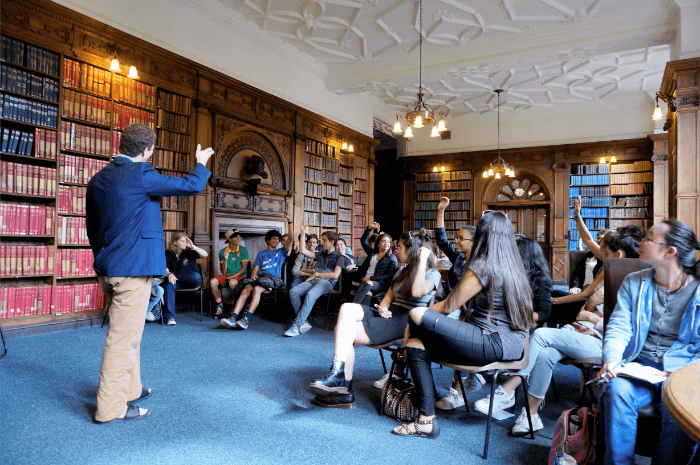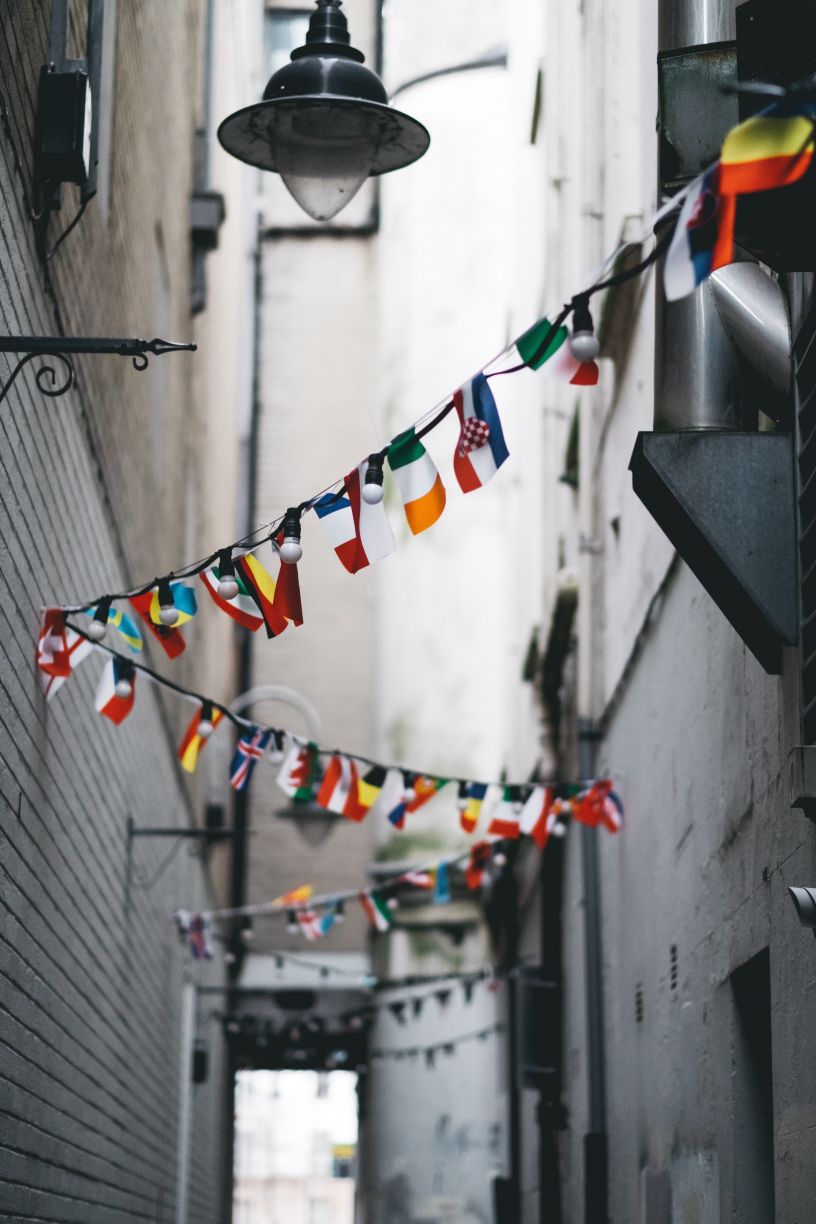How to become a Politician
The world needs more young people in Politics. We tend to think of politicians as the important high up people who we see on TV and who run the country, but there are many levels of Politics that you can get involved with at any age or experience level.
As a politician you are responsible for making decisions on behalf of the public that you serve, be that at a local, town, state, or countrywide level. You have a direct ability to affect peoples’ lives and change the world we live in.
Politicians often choose or are allocated a particular area of government to work in, which can focus on an area like transport, health, the environment, or the economy. Depending on what level of politics you’re involved in, you might have a team of councillors or civil servants working for you, advising you on possible plans and actioning the ones that are agreed on.
A big part of a politician’s job is debating political issues with colleagues. As a politician, you are a member of a council or parliament: a group of other politicians from a range of political parties . You will often work with other members of your own party to push through an idea or ‘motion’ that you all agree on. In democracies, most important decisions are put to a vote, so working with people and persuading them to support your ideas can be a crucial part of your work. Similarly, meeting constituents, attending local community meetings, and hosting drop-ins are a big part of a politician’s life, being there for the people you serve.

What subjects do you need to become a politician?
Politicians come from a whole host of backgrounds, some having left school at 16 with a few GCSEs and others having postgraduate degrees from top universities like Oxford and Cambridge. Work and political experience are far more important than qualifications in the world of politics. However, if you’re set on going to university, many politicians have degrees in politics, economics, or international relations. If you’re preparing for this, then some of the following subjects may be useful:
Politics: Many schools offer courses in politics and this can be a great introduction to the topics you might come across in your degree. You can also attend a politics summer school to get an edge as a high school student.
History: Politics is often a prominent feature in history courses and, combined with the rigorous source analysis skills that it develops, History is one of the most useful and applicable subjects to a future career in politics.
Maths: Managing budgets and interpreting data is a large part of being a politician at any level and so a good understanding of maths can be very important for a career in politics.
Economics: The second most senior political role in the UK is the Chancellor of the Exchequer. They are the person in charge of the country’s finances and decide where money is spent and how it is collected. Although they will work with a large, experienced team of civil servants, it is vital that they have some understanding of economics themselves. Even lower down the political food chain, managing a budget effectively is a huge part of any politician’s job.
Philosophy: Having a sense of what is morally right, regardless of your political beliefs, is crucial to changing the world as a politician. The study of philosophy and ethics exposes you to concepts and ideas on this topic, and also gives you experience in debating ideas which form such a large part of life as a politician.
Ultimately though, experience in any subject can be an asset in politics – indeed across the world we are seeing a backlash against ‘career politicians’ and a desire to elect representatives who have real world experience and are seen as more in touch with the people of their country – and your extra-curricular activities can more than adequately equip you with the transferable skills you need to succeed!
How do I get into politics?
There are many routes into politics. Some people jump into it straight from school or university and work their way up from being personal assistants to MPs, to party activists with the hope of one day getting elected themselves. Other people join politics much later in life and begin by campaigning for causes they support alongside their day job.
If you’re just starting out as a recent school-leaver or graduate, then getting work experience is vital. Email your local representative to see if you can shadow them for a week, or ask for a placement at their local or government office. Get in touch with your local council to see if you can sit in on a few meetings. See what it takes to get things done in the political world.
Experience campaigning is also something employers and parties look for in a prospective politician. Campaigning shows your belief in a cause and also demonstrates your ability to be innovative and creative to get things done – it shows you can make a difference.
If you’re currently at university then student politics is an excellent way into future political work. Working at your student union is very similar to what you might experience as a councillor, representative, or MP and gives you the right sort of background skills like administration, organisation, budgeting, and people management that are invaluable in this career.
Remember there will be setbacks. People often forget that it is surprisingly hard to get elected, and most of the major parties expect you to stand in some unlikely seats to prove your worth before they’ll put you forward in a marginal or safe seat. It is perfectly normal for people to pursue other careers whilst in the early stages of political work, and there are many other jobs in politics, such as in NGOs, the civil service, and think tanks which can give valuable political experience, and still allow you to make a political difference, without being a politician in name. Just persevere. The next Prime Minister or President has to be out there somewhere.



What books should I read to become a politician?
I Am Malala: The Girl Who Stood Up for Education and Was Shot by the Taliban
Malala Yousafzai
(2015: Black Bay Books)
This Changes Everything: Capitalism vs. The Climate
Naomi Klein
(2015: Simon & Schuster)
Chimamanda Ngozi Adichie
(2015: Anchor Books)
The Audacity of Hope: Thoughts on Reclaiming the American Dream
Barack Obama
(2008: Canongate)
Next Steps for Students Interested in Pursuing Politics
- If you’re interested in making a difference locally, check out the UK Government’s advice on becoming a Councillor here.
- For more advice on books to read, check out the Top Ten Books Every Politics Student Should Read.
- To take your interest in Politics to the next level, check out our Oxford International Relations Summer School by the Oxford Scholastica Academy.